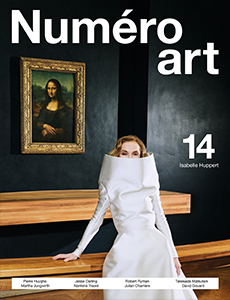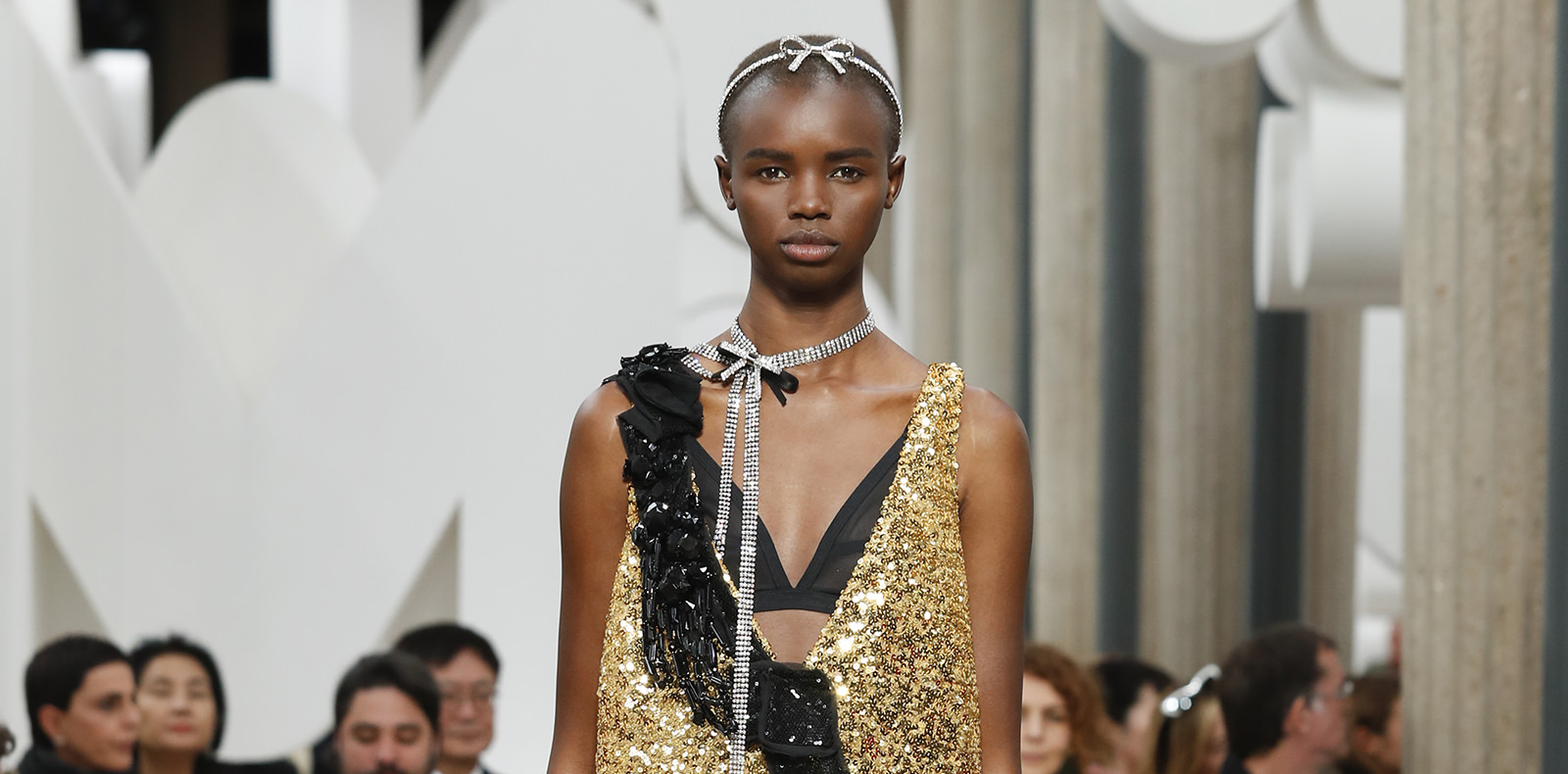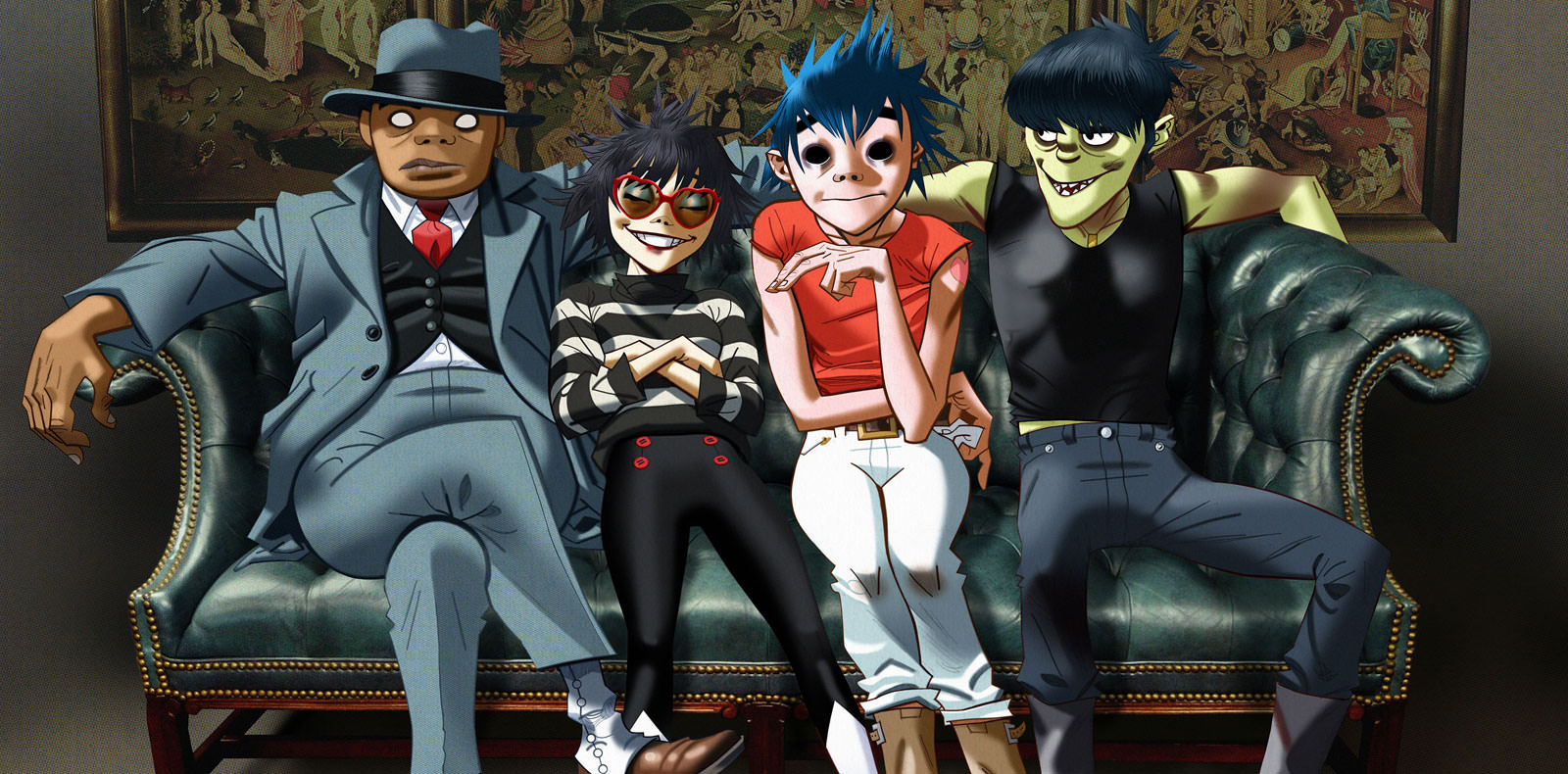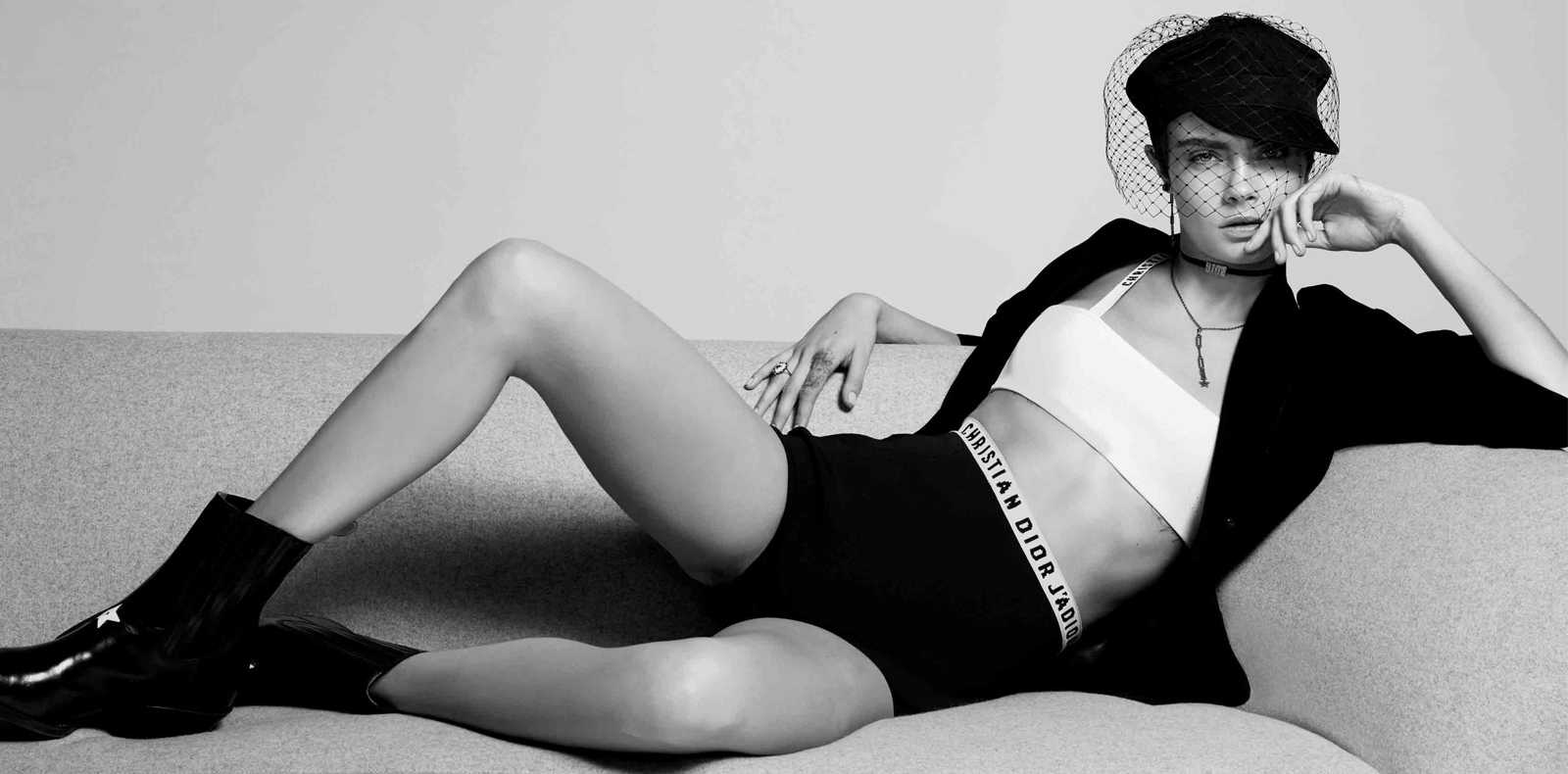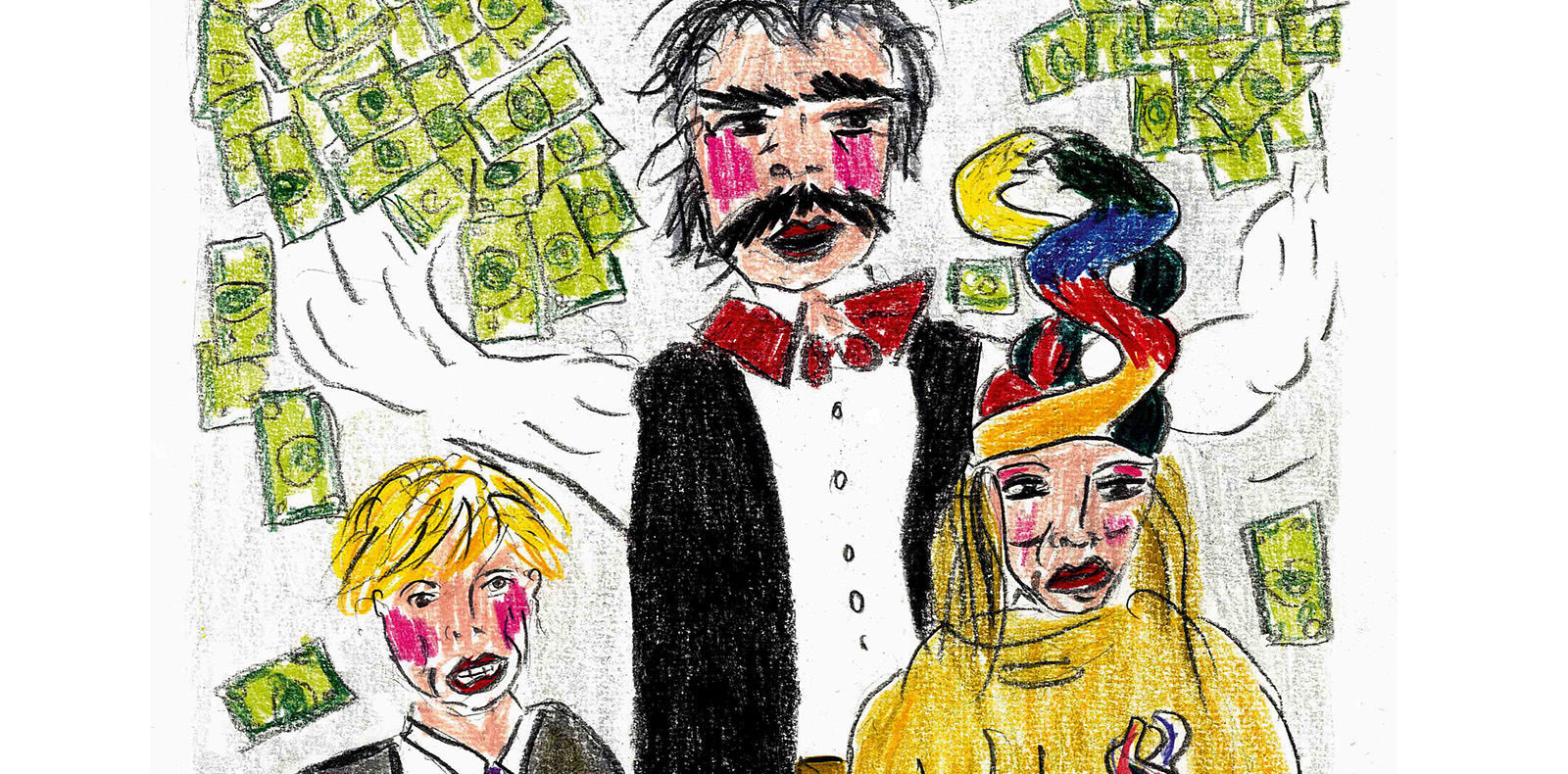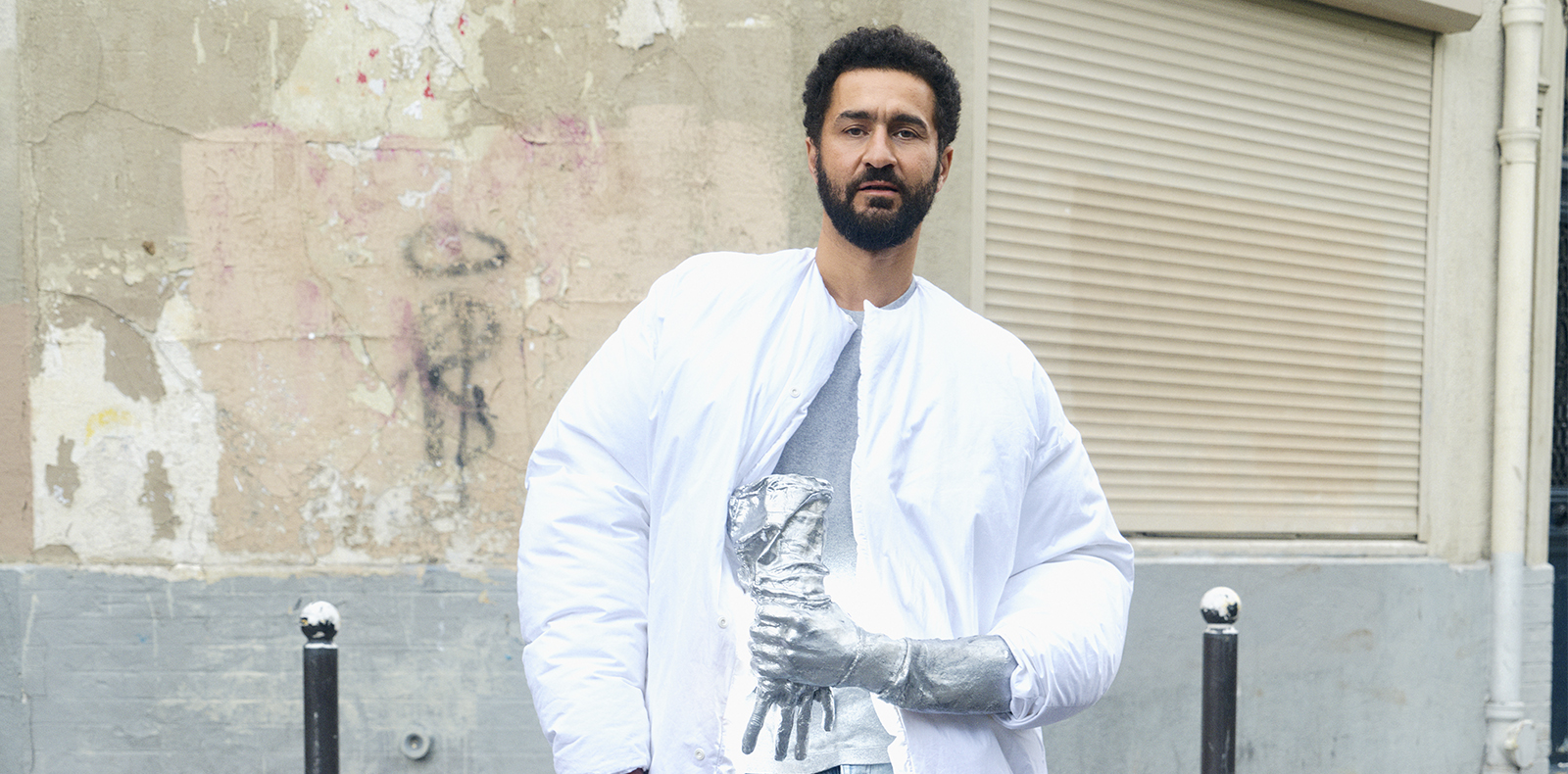
16
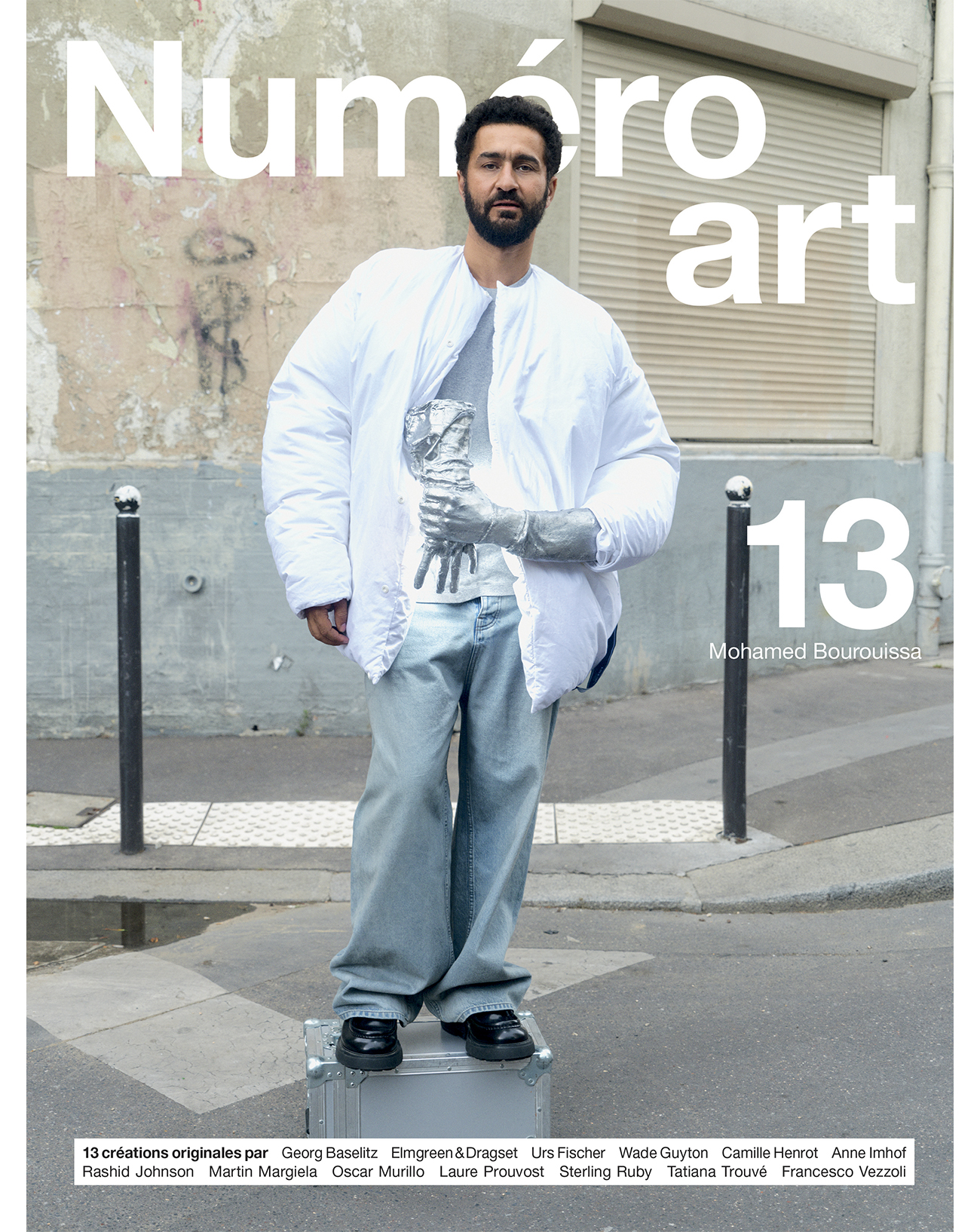
16
Who is Mohamed Bourouissa, one of the greatest artists of his generation featured on the cover of Numéro art 13?
One of the most respected artists of his generation, the Franco-Algerian is honoured this season with two shows programmed back to back, the first at LaM, near Lille, and the second at Paris’s Palais de Tokyo. As well as iconic pieces from his early days, such as Temps mort, a film he co-created with a prison inmate, this double exhibition-event features new works, including the première of his first play, Quartier de Femmes.
Portraits by Daniel Roché.
Text by Ingrid Luquet-Gad.
With Franco-Algerian artist Mohamed Bourouissa, you immediately feel that a classic retrospective wouldn’t be quite the ticket. “I believe my works can always evolve, that they’re not necessarily finished,” he says, sidestepping the issue when asked about the prospect of a back-to-back pair of solo exhibitions at two major French art institutions. Instead, we find him dealing in metamorphoses or even metempsychoses as strategies to evade museums’ embalming tendencies. The first of his shows to open, on 29 September at LaM, near Lille, combines “remixed” old pieces with brand-new works under the title Attracteur étrange (Strange Attractor).
Naturally, his greatest hits are all present, those that made his name in the second half of the 2000s, such as Temps mort, the movie he directed in 2008–09 while still a film student at Le Fresnoy. Co-created with a prisoner, Al, it features photos that the artist had him take with his cell phone (which wasn’t yet “smart” back then) of the everyday details of life inside, something we don’t usually see represented. Other career highlights take their place in the rooms that follow, whose hang may surprise by the number of drawings displayed, serial works in nervous graphite or fluid watercolour. Then there are the pieces that morph over time, like the installation Les Oiseaux de Paradis, begun in 2013 under the title The Whispering of Ghosts – as it was labelled in 2018 at the Tenth Liverpool Biennial – before being renamed Pas le temps pour les regrets at the Marcel Duchamp Prize exhibition that same year. Since then, it has continued its metempsychoses as a sounding board for uncomfortable questions about the Blida-Joinville psychiatric hospital in Algeria, the writer and psychiatrist Frantz Fanon, and how minds may be colonized.
Material control, immaterial control: the opposition would seem head-on and dead-end if Attracteur étrange were not to be followed by a second chapter, set to open at Paris’s Palais de Tokyo in February 2024. “Where the first show is rather classic in form, the second has a more conceptual dimension, because I really conceived it in the manner of an an LP,” explains Bourouissa. “At the Palais de Tokyo, I’d like visitors to feel as though they’re inside an album.” And, indeed, it is through sound, and more precisely its therapeutic dimension, that he has opened a new chapter in his oeuvre. “I’ve started sculpting space through sound; sound pieces, or simply music, are now becoming a leitmotif in my work.”
If, today, Bourouissa is thinking about duration, about how to link the arts of space and those of time, it’s in part because of a new adventure that kept him busy all last year, and whose results were also unveiled this autumn. Namely theatre. “For me, theatre is a bit different to what I’ve been doing up till now. The reality of time is entirely inherent to its progression and this in turn permeated my approach to the exhibition.” Co-written with Zazon Castro and directed by Bourouissa, the play in question, Quartier de femmes, emerged from writing workshops he ran in a women’s goal. The monologue of a female prisoner, the piece premièred at LaM on 1 October.
Mohamed Bourouissa, “Attracteur étrange”, until January 21, 2024 at LaM, Villeneuve-d’Ascq.
“Mohamed Bourouissa”, from February 16 to June 30, 2024 at the Palais de Tokyo, Paris 16e.
Shooting credits :
Hair and makeup: Miki Matsunaga. Set design: Benoist Buttin at The Magnet Agency. Assistant director: Elfé Baroso-Bertrand. Retouching: Nitty Gritty Berlin.
